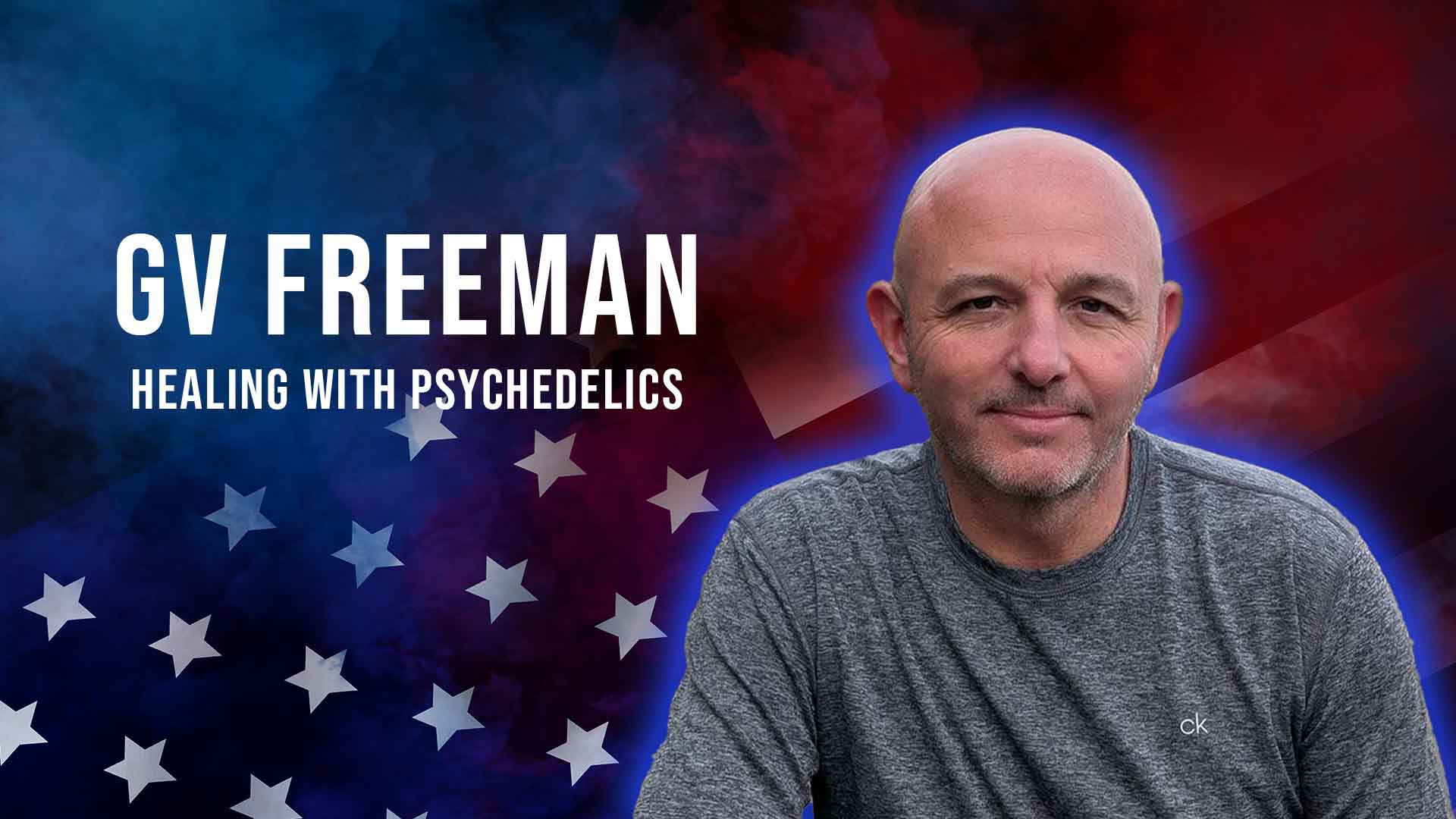One of our Hire Served team members recently sent me the article, “How Russia Targets the US Military” due to my past work investigating Russian Organized Crime for the FBI. The article itself is packed with interesting information, but what caught my attention most was the commentary on the use of social media by Foreign Governments to gain access to US Military service members and veterans.Social media is a double--edged sword for those of us with access to information about US policy, intelligence, and troop movements. Having held a security clearance and being trained as a Human Intelligence Recruiter, I was reticent to join social media when I left the FBI, but soon learned the value of social media to grow my business. We use Facebook, Instagram, and Twitter from a business standpoint, and I have learned that a personal LinkedIn profile is a necessity. To maintain personal security in an attempt to not open myself up for targeting by a foreign government, I’ve put a few rules in place that guide my social media activity.
1. Understand the intent of each social media outlet you use and only accept “friends” that serve that purpose.

For example, if you use Facebook to keep up with friends and family worldwide and wish to share family photos there, never accept a request from someone you don’t know well or to whom you wouldn’t give your home address. If you use LinkedIn for work purposes, don’t add anyone who isn’t logically connected to your work goals. For this reason, I teach job seekers to send a personalized invitation with they send connection requests. When you receive a request with no message, don’t assume the person is safe because they are connected to someone you know -- do your research. Read their profile, think critically about it: Does their military history make sense? Do you have a valid reason to be connected to this person? If something doesn’t feel right, err on the side of ignoring the request versus accepting. If someone you don’t know really needs to get in touch with you, they will find a better way.
2. Beware of the Honey Pot.

Commonly known in the intel community, the Honey Pot is a beautiful woman (or extremely attractive man, though this is less common) who is used by a foreign government to attract your attention and lower your guard so you’ll share things you wouldn’t normally share. There are many fake social media profiles using a beautiful woman’s picture to do the same thing in the virtual world. Remember -- if it seems too good to be true, it probably is!
3. Don’t answer questions you wouldn’t answer in person.

If a stranger walked up to you in a parking lot and asked your kids’ names, would you tell them? If they wanted to know your marital status or financial situation, would you tell them? Absolutely not! If a stranger online starts asking these questions, your guard should go up right away. You are not obligated to answer every email or message you receive. Use your delete key and move on!
4. Minimize personal information you share on your LinkedIn profile.

Instead, focus your profile on the business value you bring. I see too many LinkedIn profiles where people talk about their families or share personal details about their career path (ie -- that they have been laid off, that they are at risk of becoming homeless if they don’t get a job, or that they are looking to spend more time with their family because their third child was just born, etc). Think critically about what you’re sharing and assess how a foreign government might use that information against you in the recruitment process. There’s a line between personal and professional, being authentic does not mean sharing your personal details with everyone on the internet.
5. Keep LinkedIn updates professional.

This is just good practice professionally, but also ensures you aren’t sharing personal information with agents of foreign governments. There’s a reason people emphasize that LinkedIn is not Facebook -- on LinkedIn we are managing our professional lives and connecting with business relationships. If you wouldn’t share the information in the first conversation with a high--value client, your new boss or a person interviewing you for a new job, it has no place on LinkedIn. On a professional level, LinkedIn is where others go to read about you before meeting you, so don’t ruin your chance for a future opportunity by sharing the wrong information. As a protection measure, this ensures foreign agents don’t have access to information about you that could be used in an attempt to recruit you.Social media is an incredible way for servicemembers and their families to stay connected with friends and family worldwide and now, through LinkedIn, it provides professional opportunities in your transition to the private sector. Being aware of the way foreign governments might use that same connectivity allows us to be vigilant and to continue to protect ourselves and our nation from threats, both foreign and domestic.



%201.svg)









